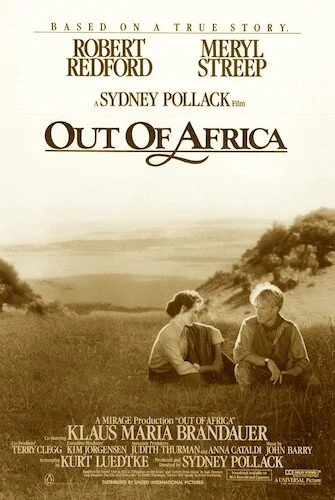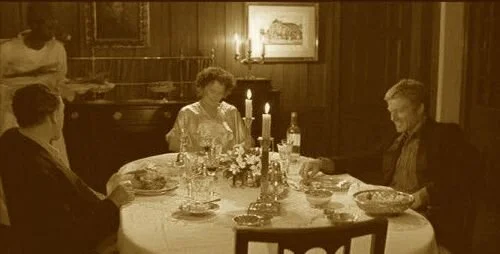Out of Africa
This review is a part of the Best Picture Project: a review of every single Academy Award winner for the Best Picture category. Out of Africa is the fifty eighth Best Picture winner at the 1985 Academy Awards.
We haven’t arrived at the very first Oscar Bait film with Out of Africa. We actually did a few films ago with — believe it or not — The Deer Hunter, which was released later on in the year to garner an attraction for the film right before the then-upcoming Academy Awards. What I will say is that Out of Africa is one of the first films to truly feel like an Oscar Bait picture as we currently know them now. It is drastically overlong, glacially slow, and what feels like a never-ending sprint in circles. We don’t really progress much throughout all of Out of Africa. At all. We’re seeing a fiancé take part in an affair, and all of its debacles and outcomes. Oooo. I don’t think we needed three hours for this.
It’s an absolute shame, because Out of Africa is certainly one of the most beautiful Best Picture winners to date. We find David Watkin churning out some magnificent cinematography here (he was a part of Chariots of Fire’s greatest moments, too), and John Barry’s score is rather moving throughout the film. Otherwise, I barely find myself interested in even the performances, despite Meryl Streep and Robert Redford leading the way here. The passive haze smudged all over this film just makes it so difficult to be interested. The irony is that the cinematography and score benefit from this aesthetic. The major issue is just how long the entire film is. Maybe the story would have packed more of a punch, with each narrative turn landing a bigger result if you didn’t feel like you were immersed in everything but the story.
Out of Africa is stunning to look at and listen to, but it’s otherwise an exercise in how much time it takes for a substance-less story to run dry.
I want to like this film. It comes from a good place, being an adaptation of Isak Dinesen’s memoir. Maybe in literary form, this amount of descriptive scrutiny works better. As a film, we dwell far too long on the small things. Sydney Pollack is a strong filmmaker as well. He made They Shoot Horses, Don’t They?, which is more than enough evidence of this. With Out of Africa’s style-over-substance, we simply get too much of too little. With huge names, emotional aesthetics, and the epic-love story sure to sell tickets, Out of Africa was likely a surefire way to win a Best Picture Oscar. It reeks of bait-ness today, and stands as a prime example of these sorts of tactics actually working too well. What was wrong with The Color Purple or Kiss of the Spider Woman?
Andreas Babiolakis has a Masters degree in Film and Photography Preservation and Collections Management from Ryerson University, as well as a Bachelors degree in Cinema Studies from York University. His favourite times of year are the Criterion Collection flash sales and the annual Toronto International Film Festival.





